The Government has agreed a six-month £1.8 billion funding deal with Transport for London (TfL), but a suggestion the congestion charge zone could be expanded has been taken off the table.
TfL had asked for a £5.7bn package to prop up services for the next 18 months, after passenger numbers and revenues have fallen after the March lockdown.
However, after an interim funding measure was agreed a couple of weeks ago, the possibility of TfL having to expand London’s congestion charge zone to the north and south circular appeared to be conditional to this latest financial deal.
An initial bailout from the Government in the wake of the coronavirus crisis has already seen prices increased and its hours of operation extended.
It now applies from 7am to 10pm, seven days a week, while drivers must pay £15, rather than £11.50, to enter the zone.
At the time, TfL described that as a ‘temporary’ price increase as a result of a funding agreement between the Government and the transport authority.
It secured a £1.6bn bailout from the Government after warning it could have to cut services.
The proposed extension to the £15 congestion charge zone, which was mooted as part of this latest deal, would have gone live in October next year, when the expanded ULEZ is also introduced due to be introduced covering the same area.
The Mayor of London, Sadiq Khan, labelled the plans “ill-advised and draconian”, and warned it would “punish Londoners for doing the right thing to tackle Covid-19”.
Talking after this latest round of funding was agreed, he said: "These proposals from the Government (if given the go-ahead) would have hammered Londoners by massively expanding the congestion charge zone, scrapping free travel for older and younger Londoners and increasing TfL fares.”
The deal makes around £1.8bn of Government grant and borrowing available on current projections to TfL in the second half of this financial year.
TfL will itself make up through cost savings the £160 million gap the deal leaves from the nearly £2bn the organisation projects it will need to run the tube, bus and other TfL services for the remainder of this financial year.
As part of the deal, London will also have to raise extra money in future years. Decisions about how this additional funding will be raised are yet to be made by Khan, but some of the options that he and the Government have agreed to be looked at include a modest increase in council tax, pending the appropriate consultation, as well as keeping in place the temporary changes to the central London Congestion Charge that were introduced in June 2020, subject to consultation.
Khan said: "This is not a perfect deal, but we fought hard to get to the best possible place. The only reason TfL needs Government support is because almost all our fares income has dried up since March as Londoners have done the right thing."
Two Government special representatives will continue to sit on TfL’s board.
A new Government-chaired Government oversight group will monitor the implementation of the agreement and the sustainability plan.
Transport secretary Grant Shapps said: "This deal is proof of our commitment to supporting London and the transport network on which it depends. Just as we’ve done for the national rail operators, we’ll make up the fare income which TfL is losing due to Covid-19. Londoners making essential trips will continue to be able to use tubes, buses, and other TfL services, thanks to this Government funding.
"At the same time, the agreement is fair to taxpayers across the country. The Mayor has pledged that national taxpayers will not pay for benefits for Londoners that they do not get themselves elsewhere in the country.
"Over the coming months, as we look to move beyond the pandemic, I look forward to working with London’s representatives to achieve a long-term settlement, with London given more control over key taxes so it can pay more costs of the transport network itself. This agreement marks the first step towards that, potentially allowing a longer-term, sustainable settlement for TfL when the course of the pandemic becomes clearer."
Logistics UK, formerly the Freight Transport Association (FTA), welcomed the decision not to go-ahead with the expansion of the congestion charge zone.
David Wells, chief executive of Logistics UK, said: "The Government’s decision to... refrain from expanding the London Congestion Charge is a huge relief to logistics businesses, many of whom continue to struggle financially and operationally as a result of the Covid-19 crisis.
"Now, Logistics UK is urging Government to reconsider whether logistics activity should still be included in the temporary conditions added in June 2020, which saw a significant increase in the fee and longer operating hours. With little alternative to using lorries and vans to keep London stocked with all the goods the population needs, it simply amounts to an additional tax on those charged with supporting the capital during the pandemic, and beyond."
Peter Hogg, London city executive and UK cities director at Arcadis, also welcomed the deal between Government and TfL.
However, he said what the settlement illustrated was the need for a "new, long term funding model for TfL".
"More than ever, London and national government as well as business and citizens have to protect London’s status as a global economic powerhouse. That is impossible to achieve without a correspondingly world class transport network.
“Both Government and the GLA will know that a twice yearly Punch and Judy show to agree a short term funding settlement is not a sustainable way to achieve a world class network.
"It is important that central Government and the GLA use the next months to develop a robust long term funding model for TfL that allows for capital investment, effective operation and - above all - a genuinely world class network that bolsters London’s global competitive advantage."

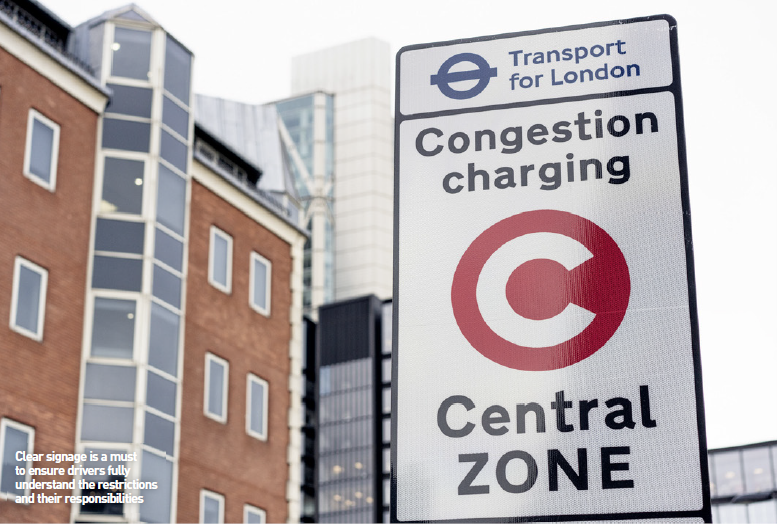



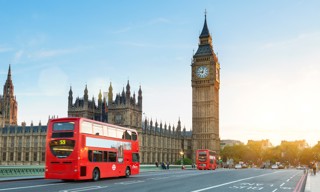
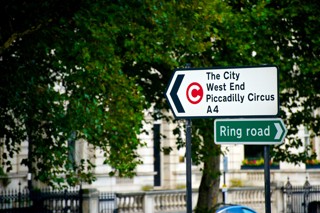

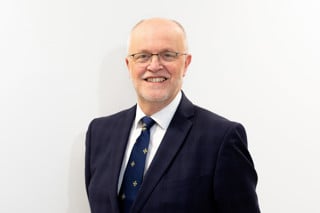
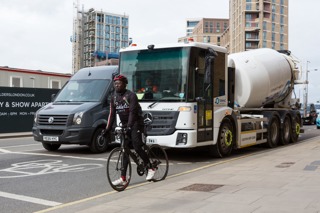













Login to comment
Comments
No comments have been made yet.